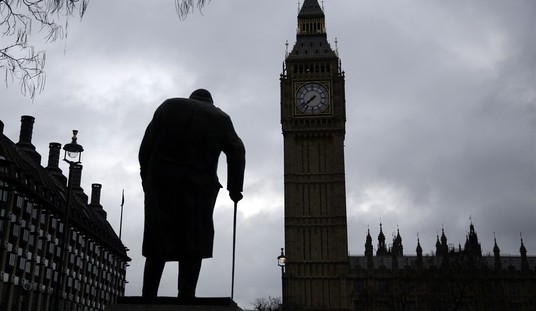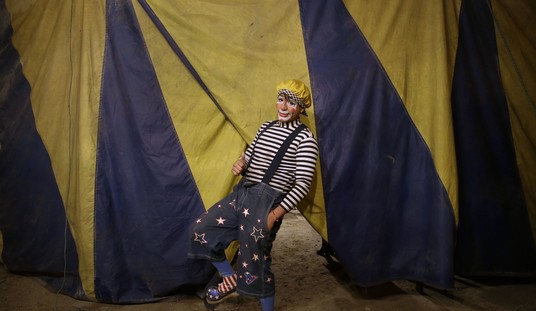On this labor day, a story in the British Telegraph sheds new light on the respect for working people held by the thankfully no longer existing German Democratic Republic, or DDR, the Stalinist state in East Germany that fell with the collapse of Communism. In theory, of course, the socialist states, or “really existing socialism,” as the “People’s Democracies” were referred to, expressed the interests of the world’s working class, that was busy building socialism. As we all know, had the late Communist leader Erich Honaker not ordered construction of the Berlin wall, three-quarters of the population would have voted with their feet and fled to West Berlin.
One of the ways the East German regime maintained its power was with lucrative contracts with Western capitalist firms that obviously welcomed a regime whose work force was forbidden to strike, and that could be guaranteed to produce at the lowest wages possible and with no leverage to use in bargaining with their employer—the East German state. But the news story released today makes the usual arrangement seem benign.
It appears that the Swedish retail firm Ikea, that thousands of Americans go to in malls throughout our country to purchase cheap and poorly made but sometimes workable furniture, had a very special arrangement with the Stasi, East German’s notorious secret police. Ikea actually used political prisoners as slave labor to make its furniture, in particular, sofas manufactured in one plant that was conveniently situated next to a prison!
The plant was but one of various facilities Ikea had built in East Germany. Since the political prisoners composed 20 per cent of the prison population, the firm had a large labor force in waiting ready to be assigned by the jailers to do the firm’s work. The arrangement was justified by Ikea’s founder, Invar Kamprad, who actually said- according to a Stasi file- that if the arrangement did exist, and he claimed no knowledge of it, “in the opinion of Ikea it would be in society’s interests.” This is sort of what we call a non-denial denial, indicating that indeed, Ikea’s boss knew all about the deal.
One inmate, Hans Otto Klare, had been sent to Waldheim prison for the crime of trying to escape to the West. He described conditions in the factory in these words to the German television company called WDR:
Our labor team lived on the upper floor of the factory with the windows covered. The machines were on the lower floor, and you had little rest. On the factory floor you had no proper seating, no ear protection: no gloves. Conditions were even more primitive there then in the rest of the GDR. It was slave labor.
His description reminds me of the refrigerator factor I toured in Communist Cuba in the 1970’s, in which asbestos rained down on the floor, and workers built the products without masks or gloves, making themselves susceptible in the future to cancer. When I and others commented to our guides, we were told it was safe for the workers or Fidel would not have permitted it. “These people,” I told him, “would all be dead in a decade.”
As for Ikea’s founder, Mr. Kamprad, it was not surprising to learn that he thought little of using slave labor. In 1994, Swedes learned that in 1942, he joined a group called the New Swedish Movement, a fascist party supportive of the Nazis. In essence, as another news report showed, this group was the Swedish equivalent of the Nazi Party. He both gave money to the group and recruited members to it, and was not simply an innocent who joined something he did not understand.
Mr.Kamprad claimed this was all in the past, and after the expose in 1994, he apologized for his actions. The new revelation indicates that his apology should be taken with a grain of salt. Having found Nazism appealing in his youth, in his mature years, the existence of a new totalitarian state in Germany seemed to be a perfect business partner for him to strike an agreement with. Nazism-Stalinism; it was a distinction without much of a difference. For Ikea, the DDR’s existence was a boon to profits. For the DDR, it was money in the bank to better help fund the Stasi’s power.
Happy Labor Day to the East Germans whose freedom was won after the wall came down, and finally, when Germany was unified. Their testimony gives us all living proof of how socialism, meant by Karl Marx to free labor from oppression, only made the lives of working people far worse than it was under the system of free labor existing in democratic capitalist countries.








Join the conversation as a VIP Member